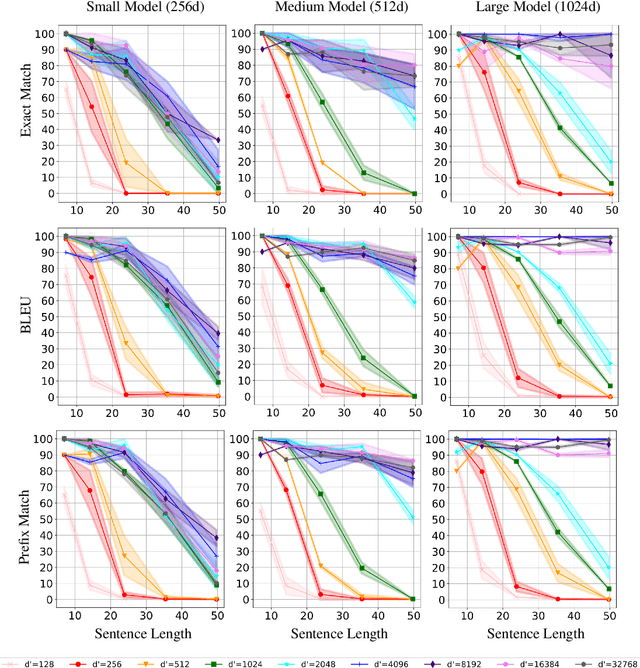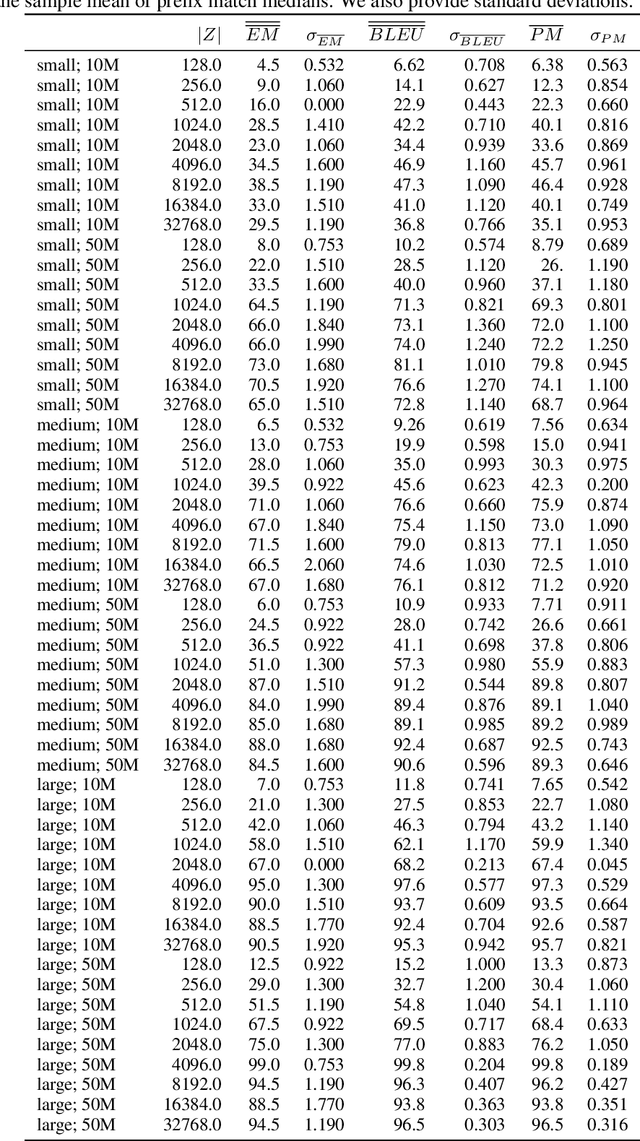Can Unconditional Language Models Recover Arbitrary Sentences?
Paper and Code
Jul 10, 2019



Neural network-based generative language models like ELMo and BERT can work effectively as general purpose sentence encoders in text classification without further fine-tuning. Is it possible to adapt them in a similar way for use as general-purpose decoders? For this to be possible, it would need to be the case that for any target sentence of interest, there is some continuous representation that can be passed to the language model to cause it to reproduce that sentence. We set aside the difficult problem of designing an encoder that can produce such representations and instead ask directly whether such representations exist at all. To do this, we introduce a pair of effective complementary methods for feeding representations into pretrained unconditional language models and a corresponding set of methods to map sentences into and out of this representation space, the \textit{reparametrized sentence space}. We then investigate the conditions under which a language model can be made to generate a sentence through the identification of a point in such a space and find that it is possible to recover arbitrary sentences nearly perfectly with language models and representations of moderate size.
 Add to Chrome
Add to Chrome Add to Firefox
Add to Firefox Add to Edge
Add to Edge